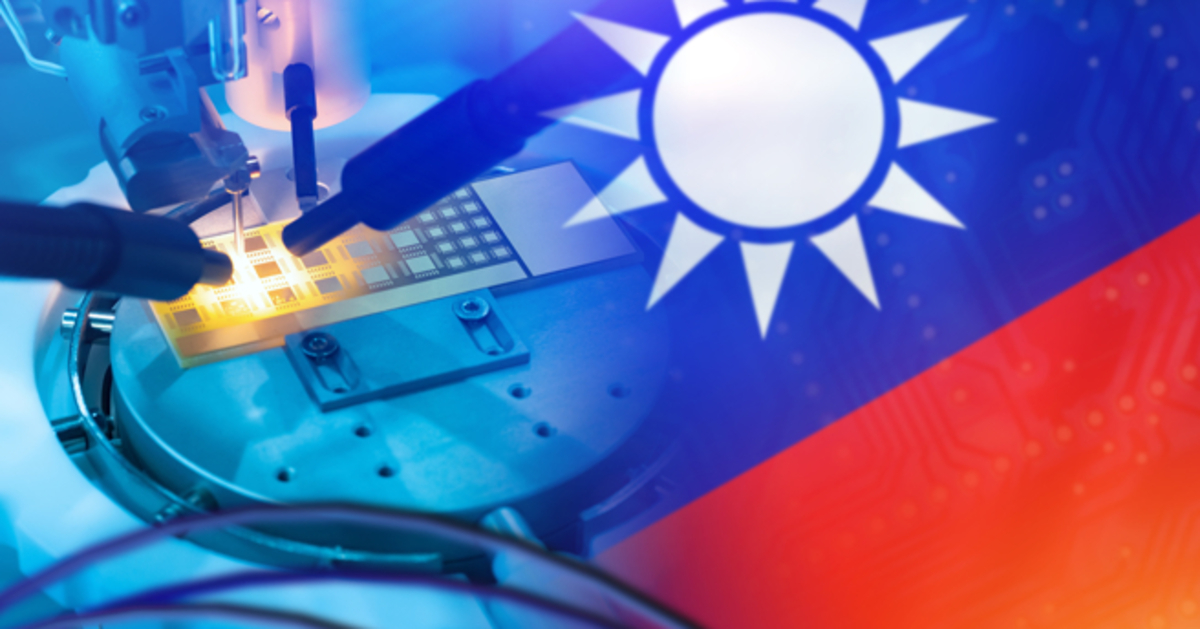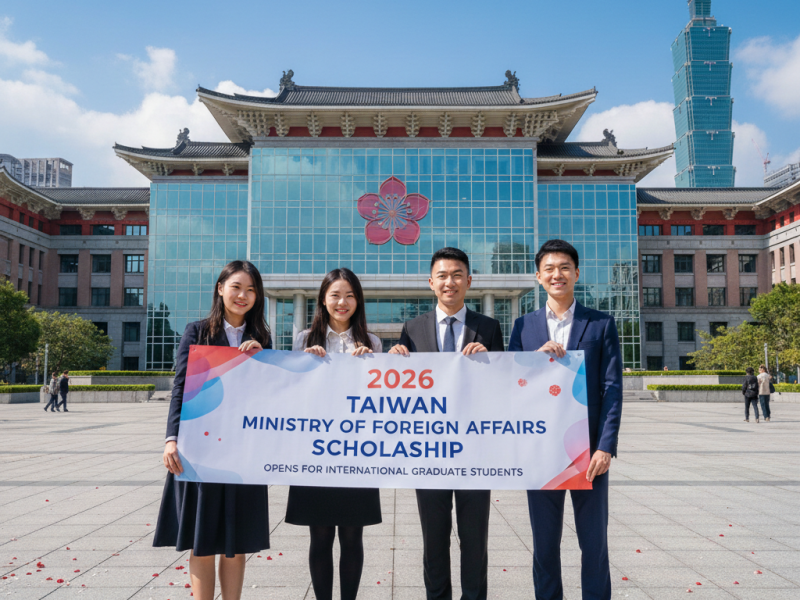TAIPEI — As Taiwan and the United States continue negotiations on reciprocal tariffs, a growing sense of uncertainty is spreading across Taiwan’s industrial sectors. Key industries—semiconductors, auto parts, and pharmaceuticals—are closely monitoring the outcome, fearing serious disruptions if tariff terms prove unfavorable.
While Taiwan’s high-tech semiconductor giants like TSMC, ASE Group, and Winbond Electronics have publicly expressed calm, behind the scenes, concerns are growing over how potential tariffs could erode competitiveness and ripple through global supply chains. TSMC Chairman Mark Liu (Wei Zhejia) recently remarked that tariffs could weaken consumer demand and contribute to a broader economic downturn.
Auto Sector Braces for Impact
Taiwan’s domestic auto parts and tire manufacturers are among the most anxious. Local tire makers, who previously scrambled to ship products during a 90-day grace period, are now seeing unstable orders. If tariffs on Taiwan’s exports to the U.S. exceed 20%, manufacturers warn they may be forced to pass on costs, threatening profitability and even the survival of some businesses.
Liu Shengming, Vice Chairman of the Taoyuan Federation of Trade Unions, stressed that Taiwan’s auto parts industry, with 2,775 factories and around 300,000 employees, is concentrated in areas like Taoyuan, Hsinchu, and Miaoli. These regions house both parts manufacturers and full vehicle assemblers. With most workers aged 40 to 50, Liu fears that dramatic tariff cuts could result in a wave of unemployment among older workers.
“The entire auto market is holding its breath until the U.S. announcement in August,” Liu said, noting that export contracts have already been cancelled due to the uncertainty. He warns that if tariffs are reduced too significantly, Taiwan could see mass layoffs in the next two to three years.
In Changhua County, Quantuo Industrial, which supplies luxury car brands like Porsche, Lamborghini, and Ferrari, has already seen a 10% drop in orders. Although the company doesn’t export directly to the U.S., its clients in Europe are being impacted by the ripple effects of U.S.-bound exports facing new trade barriers.
Biotech and Pharma Warn of Difficult Times
The pharmaceutical and biotech sectors are equally concerned. Zhang Wenjing, former chairman of the Taipei Pharmacists Association, noted that if Taiwan slashes tariffs on imported health products, consumers may benefit—but domestic producers could suffer. Taiwan’s small domestic market and high production costs make it hard for local firms to compete on price, especially if American brands flood the market.
Hu Yaozhong, chairman of the Developmental Pharmaceutical Research Association, added that uncertainty surrounding global tariffs is causing major pharmaceutical companies to freeze hiring and scale back operations. He warned that this could lead to disruptions in drug supply chains and reduce market stability.
Semiconductor Giants Adopt a Cautious Stance
Despite global attention on how tariffs could affect Taiwan’s semiconductor dominance, leading chipmakers remain publicly composed. TSMC, for instance, emphasized that its pricing is based on offshore production, meaning any new tariffs would be passed on to customers. However, the company warned that higher consumer prices could dampen demand and slow global growth.
ASE Group’s operations manager Wu Tianyu acknowledged that tariffs are a global concern, but emphasized the industry’s adaptability. Winbond Chairman Jiao Youjun echoed this, highlighting the company’s steps toward localization. With an office now in Texas, Winbond is evaluating potential expansion into Canada to better serve North American markets.
Conclusion
While formal decisions are still pending, industries across Taiwan are urging authorities to consider the potential fallout. From layoffs in auto manufacturing to weakened biotech competitiveness, many fear that the upcoming tariff announcements could reshape Taiwan’s economic landscape for years to come.



